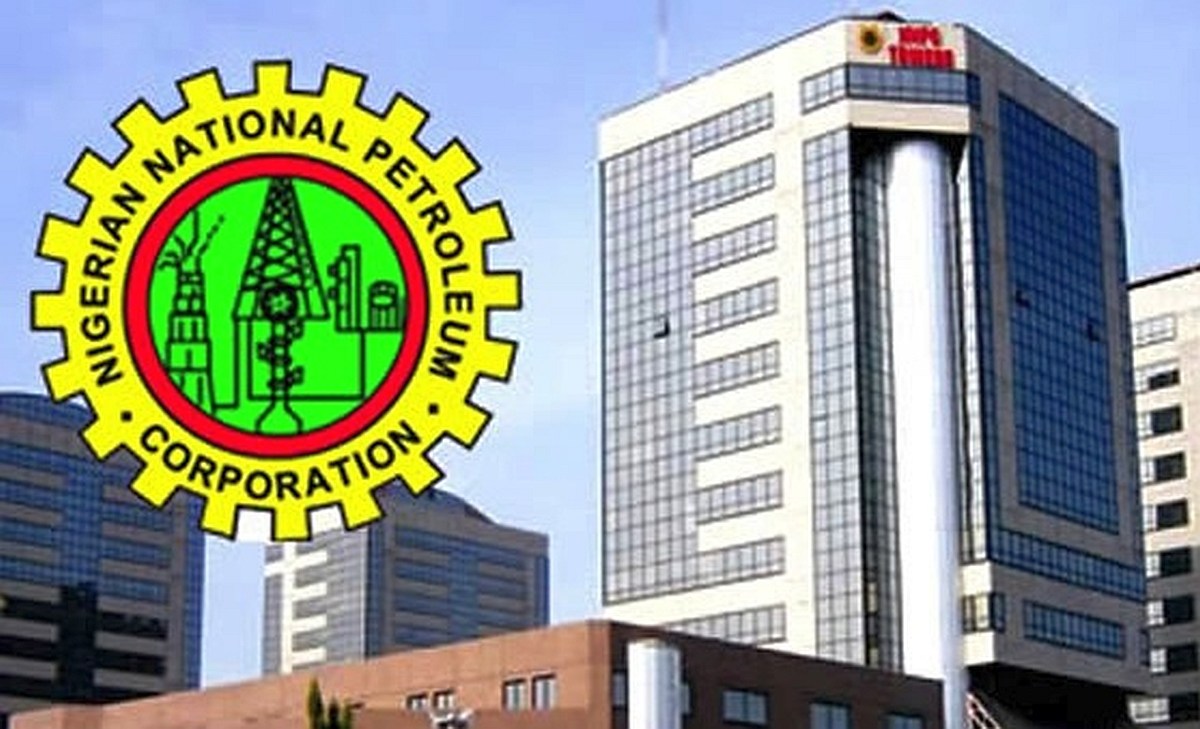The Nigerian National Petroleum Corporation, NNPC said it has attracted $3.8 billion foreign direct investment inflow into Nigeria for four major oil and gas projects. The NNPC, in a statement in Abuja said that the four major investments it recently embarked upon with key upstream joint venture partners are capable of providing incremental revenue to the national treasury by over $30 billion in the next 10 years.
According to the statement, Group Managing Director of the NNPC, Mr. Maikanti Baru, said this at the inauguration of the reconstituted NNPC Anti-Corruption Committee in Abuja. Baru said that the investments would serve as vehicle to fast-track the prevailing post cash-call exit era.
Baru identified the Joint Venture alternative financing upstream investments to include: The $1.2 billion multi-year drilling for 36 offshore/onshore oil wells under the NNPC/Chevron Nigeria Limited JV, codenamed project Cheetah and the NNPC/First E&P JV and Schlumberger tripartite $800 million alternative funding agreement for the development of the Anyalu and Madu fields in the Niger Delta.
Others, he said, are the recent agreements executed in London last week for the $1billon NNPC/SPDC JV Project Santolina and the NNPC/Chevron $780 million Project Falcon on Sonam, hitherto financed through JV Cash Call.
He noted that the arrangement would allow the NNPC to subsequently operate from the production revenue less the first line charge to government which is the royalties and petroleum profit tax.
He added that whatever profit that accrues afterwards would be remitted to the government after deduction of production cost.
Baru said, “These four projects alone are going to raise incremental revenues to Nigeria of over $30 billion over the life of the projects in less than 10 years. They will also serve as part of the vehicle for exiting JV Cash Calls. “We have to pay our arrears of about $6 billion that were incurred pre-2016 and we are also paying up a tranche of about $1 billion 2016 arrears. We started in April 2017 with the payment of $400 million and we will pay the balance before the anniversary of the first payment.”
He commended the NNPC finance and technical teams for being able to attract the much needed foreign investment at a period when it has become increasingly difficult to attract foreign credit facilities.
Drawing a correlation between the quest for revenue and the anti-corruption campaign, Baru said members of staff must never allow corrupt practices to distract them from the tasks ahead.
He traced NNPC’s involvement in the anti-corruption campaign to the year 2000 when the Federal Government directed all its Ministries, Departments and Agencies (MDAs) to establish in-house Anti-Corruption Committees.
“NNPC was the first to put one in place within a month, precisely in October 2000”, he noted
Since then, he noted that the NNPC Anti-Corruption Committee had consistently carried out its mission of eradicating corruption in NNPC through organizing sensitization campaigns, workshops, seminars and Federal Government publications on issues concerning corruption and economic crimes.
Baru thanked the former committee members that served at various times for a job well done, while he urged the new members to surpass the achievements of the past committees in line with the present administration’s anti-graft agenda.
He emphasized that with the prevailing global economic reality; the only survival strategy at a time like this was to change from old ways of doing business and embrace the best practice of transparency, accountability and honesty with integrity.
The statement further stated that the new NNPC Anti-Corruption Committee is headed by Mr. Mike Balami, a Group General Manager in the Finance and Account Directorate and a veteran anti-corruption crusader. In his own response, Balami pledged the readiness of members of the committee to work in harmony towards achieving a corruption-free NNPC. He urged all heads of Strategic Business Units and Corporate Services Units to reconstitute and inaugurate their Anti-Corruption units to work closely with the Corporate Anti-Corruption Committee to ensure a corruption-free NNPC.

